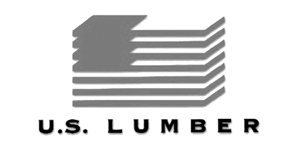Share this:
Share on Facebook
Share on Google Plus
Pin on Pinterest
Tweet on Twitter
Many homes experience air infiltration that results in poor energy efficiency. Air infiltration can cause an uncomfortable living environment any time of year, but its main toll can be found on a homeowner’s heating bill during the colder seasons. Adding insulation alone simply isn’t enough. This problem can be easily avoided by using the proper caulks and sealants.
Air moves through homes at variable rates. This is known as the air exchange rate. It’s not unusual for the air in older homes to be replaced every hour as outside air moves into the home. This compares to a recommended air exchange standard of approximately 1/3 per hour. In fact, it’s not uncommon for today’s new homes to have an air exchange rate of 1/20 per hour!
Air leakage typically occurs at several common locations:
– Sill plate / foundation wall interface- Sill plate / band joist interface- Band joist / subfloor interface- Bottom plate / subfloor interface- Band joist- Sheathing joist / stud / cavity- Double top plate interface- Top plate / ceiling interface- Windows and doors- Window and door frames / rough opening surface- Electrical / telephone / plumbing / cable intrusions
Here are some things to use to combat those air leakage areas and where they can best be applied:
Siliconized Acrylic: Interior, paintable surfaces
Silicone: Outdoors, bathrooms, kitchens
Butyl Rubber: Sealing metal gutter joints, metal-to-masonry joists
Polysulfide: Outdoors, in situations where there is moderate movement
Polyurethane: Any joint subject to abrasion, such as a driveway seam
Latex: Low-movement interior joints
Silicone Latex: General purpose, indoors and out
Acrylic Latex: Patching interior cracks, joints, small holes prior to painting






